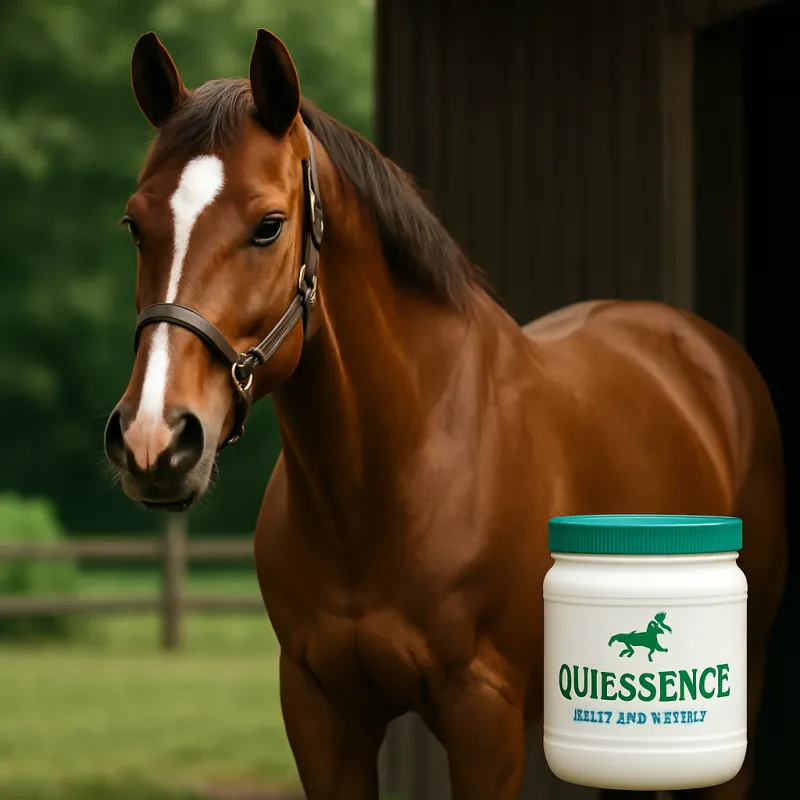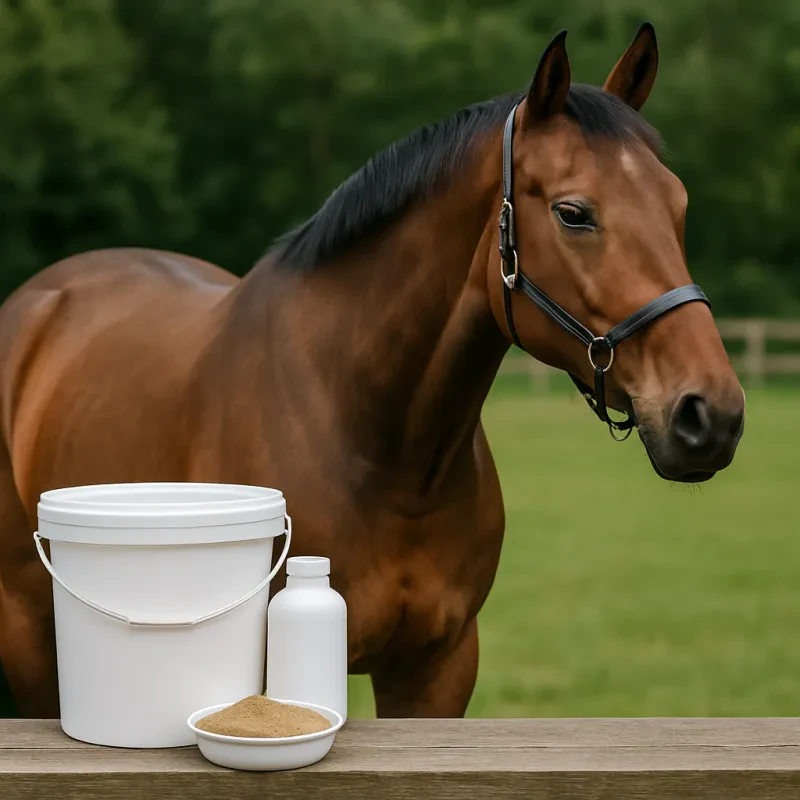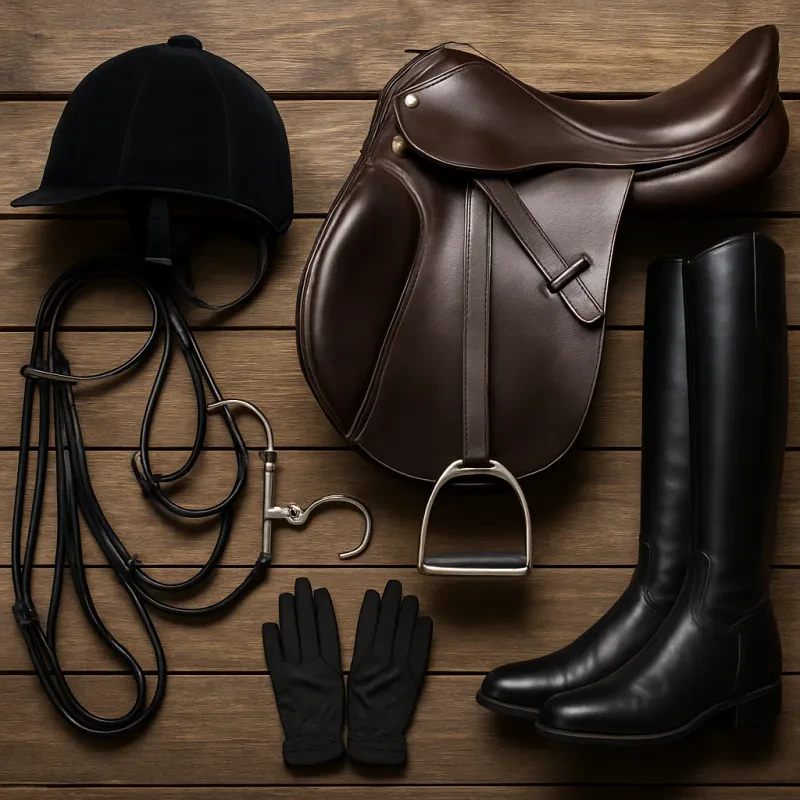1. Quarter Horse: Known for their versatility and calm demeanor, Quarter Horses are a great choice for beginners. They excel in western riding disciplines such as trail riding, reining, and ranch work. Their sturdy build and easygoing nature make them ideal for novice riders.
2. Thoroughbred: If you're looking for a horse with speed and athleticism, consider a Thoroughbred. These horses are commonly used in English disciplines such as jumping, dressage, and eventing. While Thoroughbreds can be high-energy, they are also intelligent and quick learners.
3. Arabian: Arabians are known for their beauty, endurance, and loyalty. These versatile horses are suitable for a variety of disciplines, including endurance riding, dressage, and western pleasure. Arabians are typically spirited and may require a more experienced rider, but they can form strong bonds with their owners.
Essential Supplies for Horse Ownership
When it comes to owning a horse, there are some essential supplies that every new horse owner should have on hand. These supplies will help you care for and maintain your horse’s health and well-being. Whether you’re a seasoned equestrian or a first-time horse owner, having the right equipment is crucial.
First and foremost, a good quality halter and lead rope are essential for handling your horse. A well-fitted halter will ensure that your horse is comfortable and secure, while a sturdy lead rope will help you guide and control your horse during training and handling. It’s important to choose a halter made of durable materials that won’t break under pressure.
Another essential supply for horse ownership is grooming tools. Keeping your horse clean and well-groomed is not only important for their appearance, but also for their overall health. A good set of grooming tools including a curry comb, dandy brush, body brush, mane comb, and hoof pick will help you keep your horse looking and feeling their best.
Lastly, it’s important to have a well-stocked first aid kit on hand for any emergencies that may arise. Your first aid kit should include essentials such as wound dressings, antiseptic ointment, bandages, scissors, and a thermometer. Being prepared with a properly stocked first aid kit can help you quickly address any injuries or illnesses that your horse may experience.
Finding the Perfect Horse for You
When it comes to buying your first horse, it’s important to find the perfect match for your needs and abilities. There are many factors to consider when choosing a horse, including your riding experience, the type of riding you want to do, and your budget. By taking the time to carefully evaluate these factors, you can ensure that you find a horse that is the right fit for you.
One of the first things to think about when looking for a horse is your own riding experience. If you are a beginner rider, you may want to look for a horse that is calm and well-trained, to help you build your confidence and skills. On the other hand, if you are an experienced rider looking for a challenge, you may want to consider a horse with more energy and spirit.
It’s also important to consider the type of riding you want to do with your horse. Do you want to do trail riding, jumping, dressage, or some other discipline? Different horses are better suited to different types of riding, so it’s important to find a horse that has the right training and temperament for your chosen discipline. Finally, don’t forget to consider your budget when looking for a horse. The cost of buying a horse can vary widely, so it’s important to set a budget and stick to it when searching for your perfect equine partner.
Tips for Beginner Horse Owners
Whether you're a seasoned equestrian or a newbie to the world of horses, buying your first horse is an exciting but daunting experience. As a beginner horse owner, it's important to educate yourself on the responsibilities that come with caring for these majestic animals. Here are some tips to help you navigate the process of buying your first horse.
First and foremost, take your time when searching for the right horse. Don't rush into a purchase just because you're excited to have your own horse. Take the time to research different breeds, temperaments, and disciplines to find a horse that aligns with your riding goals and experience level. Consider hiring a professional trainer or instructor to help you assess potential horses and ensure a good match.
When it comes to budgeting for your first horse, remember that the initial cost of purchasing the horse is just the beginning. You'll also need to factor in the cost of boarding, feed, veterinary care, farrier services, tack, and equipment. Create a realistic budget and be prepared for unexpected expenses that may arise.
Lastly, don't underestimate the importance of ongoing education and support as a beginner horse owner. Take advantage of resources such as books, online forums, and local horse clubs to expand your knowledge and connect with other horse owners. Building a support network of experienced equestrians can help guide you through the ups and downs of horse ownership and ensure that your horse stays healthy and happy.


